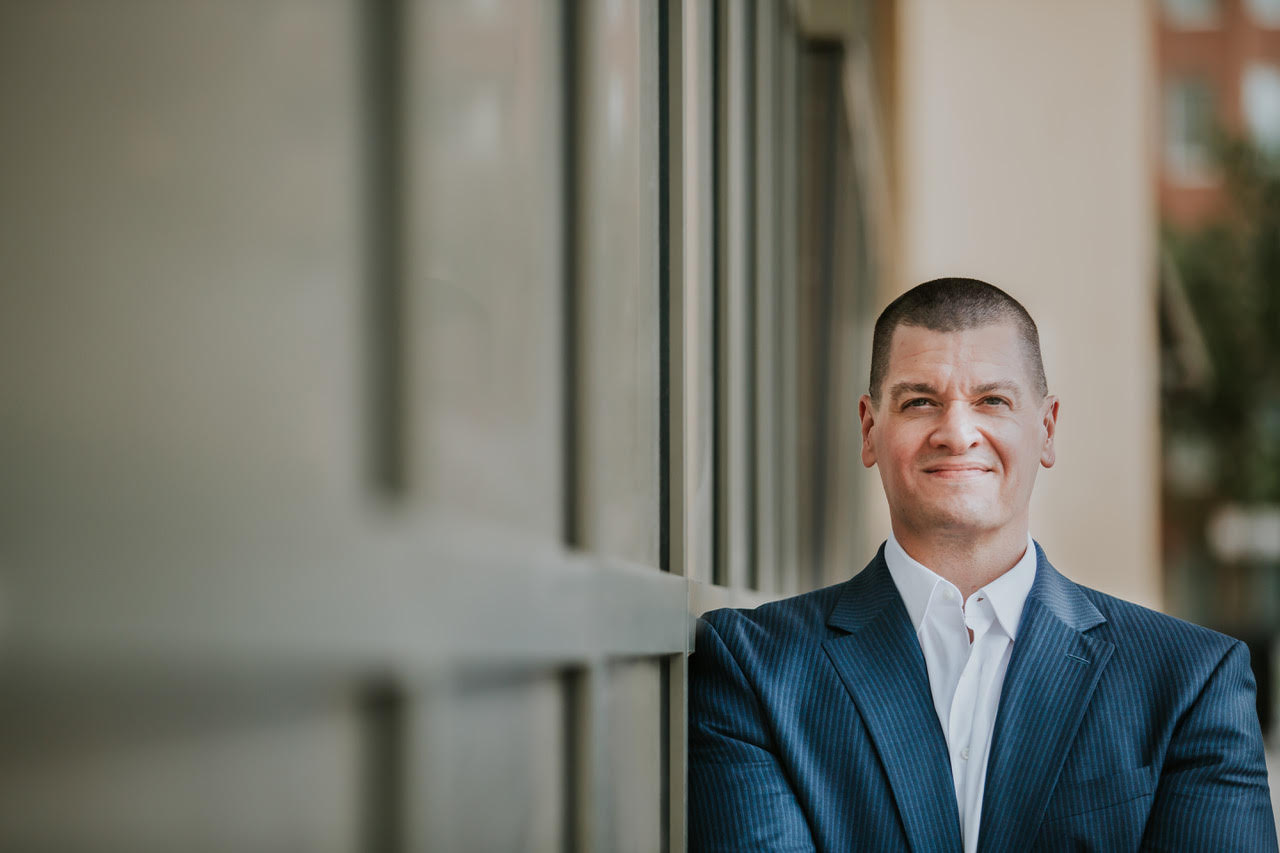May is Mental Health Awareness month and the critically important work of educating the public about mental illness continues. Approximately one in five Americans lives with some form of mental illness, ranging from mild to severe. We receive plenty of messages about the importance of physical health, but most of us now know that committing to our mental well-being is equally as important. There certainly is good news to celebrate with our country having considerable mental health resources and services available – all easily accessible to the general public through making a phone call or a website visit.
Unfortunately, though, for many deaf Americans, the process is far more complicated. Too often, choices are limited or require concessions for needed care, severely compromising quality. While the Americans with Disabilities Act (ADA) mandates that deaf patients have the right to full access to providers through interpreters or other appropriate communication methods, access alone in no way delivers effective and meaningful care.
The law has failed our community when it comes to mental health and massive information gaps exist. In 1990, only 20 licensed deaf therapists existed in the United States and that number has only very slowly increased. Today’s market still sorely lacks professional therapists and providers who are culturally or linguistically competent enough to properly serve deaf people, nor are there enough sign language interpreters with the specialized certifications required for work in intensive and sensitive health-related environments.
To be sure, there is a mental health crisis in the deaf community, compounded by information gaps in researching the issue. Various studies offer a range of numbers, with one estimating that approximately five million deaf and hard-of-hearing people need mental health treatment annually. Another study estimates that at least four of five deaf individuals – more than 80% – with chronic mental illness do not gain access to mental health services. The numbers are only indicative of the realities we all know too well at the ground level.
The fact is, all of us – deaf and hearing – face the initial hurdle of overcoming the stigma of admitting mental illness or seeking help. These alone are more than enough to discourage us and minimize the chances of successful treatment. The deaf community, though, faces substantial and extra burdens. Too few mental health therapists sensitive to deaf needs or informational materials available in American Sign Language (ASL) means that many patients are required to leap multiple hurdles and compromise communication only to get some lesser form, if any, of the services they need.
The accessibility systems that are supposed to serve us and enable and empower effective communication can be inadequate to the point that children are being asked to translate medical appointments for their parents. This places extra stress upon the individuals seeking treatment and their families. Some patients who do not want an extra person in the room may forgo or tolerate in-session interpreters, and additionally, many interpreters are not qualified for these settings. Some patients may instead use text-based communication technologies or rely on the slow, painful, imperfect and time-consuming processes of lip reading or writing notes back and forth. Hardly the ideal exchange between patient and therapist.
With so many barriers beyond the inherent stigma that mental illness still brings, many deaf people are far more reluctant than the hearing community to seek treatment. Quality of care, overall health and treatment outcomes for deaf people are severely and negatively impacted. Lack of participation and information leads to lower health literacy rates, which means that the autonomy of many deaf patients is stripped and medical decisions are made with incomplete information and sometimes without patients’ involvement or knowledge. Hardly the mental and medical care the spirit of the ADA intended.
Much work remains to provide all Americans with quality mental health care. This includes changing perceptions and making culturally competent care far more accessible to all communities. Societal and economic oppression deeply impact the deaf community. Admitting a mental illness diagnosis brings the added perception of being “weak” that discourages far too many from seeking help. Most importantly, deaf people need access to culturally competent practitioners who understand their beliefs, values and experiences. They need someone they can trust, someone who often looks, talks and signs like them.
Fortunately, technology and telemedicine bring great promise as does the growing number of deaf doctors and therapists throughout the U.S. Also, the CSD Social Venture Fund, the first-ever social venture fund for deaf-owned and operated businesses, is enabling a game-changing solution for mental health. The fund’s newest recipient, women-owned National Deaf Therapy, has developed one of the first nationwide web and video-based therapy platforms featuring all deaf and ASL-fluent professionals. Now, our community has access to a nationwide network of professional therapists just like us. NDT also will be helping to increase and strengthen employment opportunities for deaf therapists as it continues to grow its therapist network throughout the United States. With more than 70% of the deaf community either unemployed or underemployed, this too is a critical issue.
I’m encouraged that a new framework for health is rising where social determinants for individual issues and health lie partly on society. The conditions of our homes, schools, workplaces, communities and the environment all contribute to our health and well-being. We must continue to do everything we can to build the therapeutic spaces that all Americans – including the millions who are deaf and hard-of-hearing – need and deserve. Few things are more vital to our world than good health for all.


